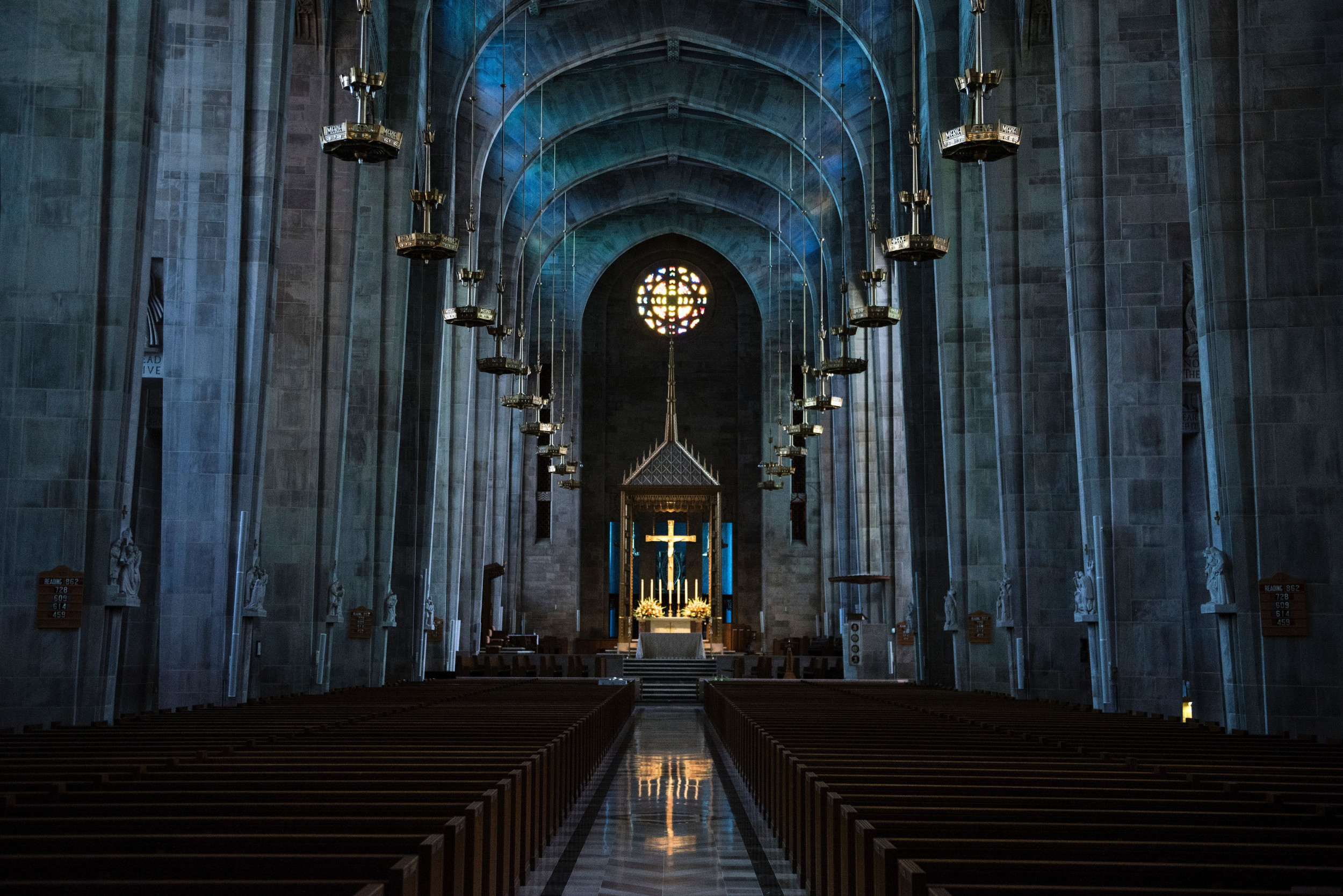Baltimore Archdiocese Contemplates Bankruptcy in Light of Expected Child Sex Abuse Lawsuits

Baltimore, Maryland - In anticipation of a potential surge in lawsuits related to child sex abuse cases, the Baltimore Archdiocese is weighing the possibility of filing for bankruptcy. The impending flood of legal claims is expected to commence on October 1st, coinciding with the implementation of a new Maryland law that will remove the statute of limitations for individuals who were sexually abused as children. Internal emails exchanged among church officials and a communications specialist have shed light on this crucial decision-making process.
While the notion of the nation's oldest archdiocese seeking bankruptcy protection had been speculated upon, an email chain obtained by The Baltimore Sun has confirmed that this course of action is actively being considered.
In one of the emails, Sean T. Caine of Caine Communications suggested a cautious approach: "I would suggest reverting back to the plan of not 'announcing' until the time of filing, and only confirming, if the media picks up on our internal conversations, that we are sharing information about the upcoming law change." He further explained, "what it means, how it might impact the various agencies of the Church, and how the Church may respond." The email chain also revealed that bankruptcy was among several potential responses discussed.
Archdiocese spokesperson Sean T. Caine clarified the situation, emphasizing that no final decisions have been made and that the correspondence reflects ongoing deliberations. He stated, "The correspondence obtained is part of an internal discussion on one of those possible responses. No decisions have been made, as the correspondence indicates. Once a path is decided upon, the Archdiocese will share that information."
In the wake of Maryland General Assembly's passage of the Child Victims Act, signed into law by Governor Wes Moore, multiple attorneys are already preparing lawsuits against the Baltimore Archdiocese. The law, effective October 1st, removes the previous statute of limitations for filing claims related to childhood sexual abuse. Unlike similar laws in other states, it does not impose a limited timeframe for victims to file claims, allowing for legal action at any time.
Legal experts speculate that the archdiocese may contemplate an early filing before October 1st, possibly to determine when liability starts. Such a decision, however, remains a subject of debate.
The issue of bankruptcy filings by dioceses has long been contentious. Church officials argue that bankruptcy safeguards the dioceses' capacity to continue their ministries while providing a structured process for compensating victims. However, survivors and advocates contend that payouts are often inadequate, and bankruptcy proceedings can limit transparency regarding church records, even in ongoing cases. This ongoing debate underscores the complex and sensitive nature of addressing child sex abuse allegations within religious institutions.
